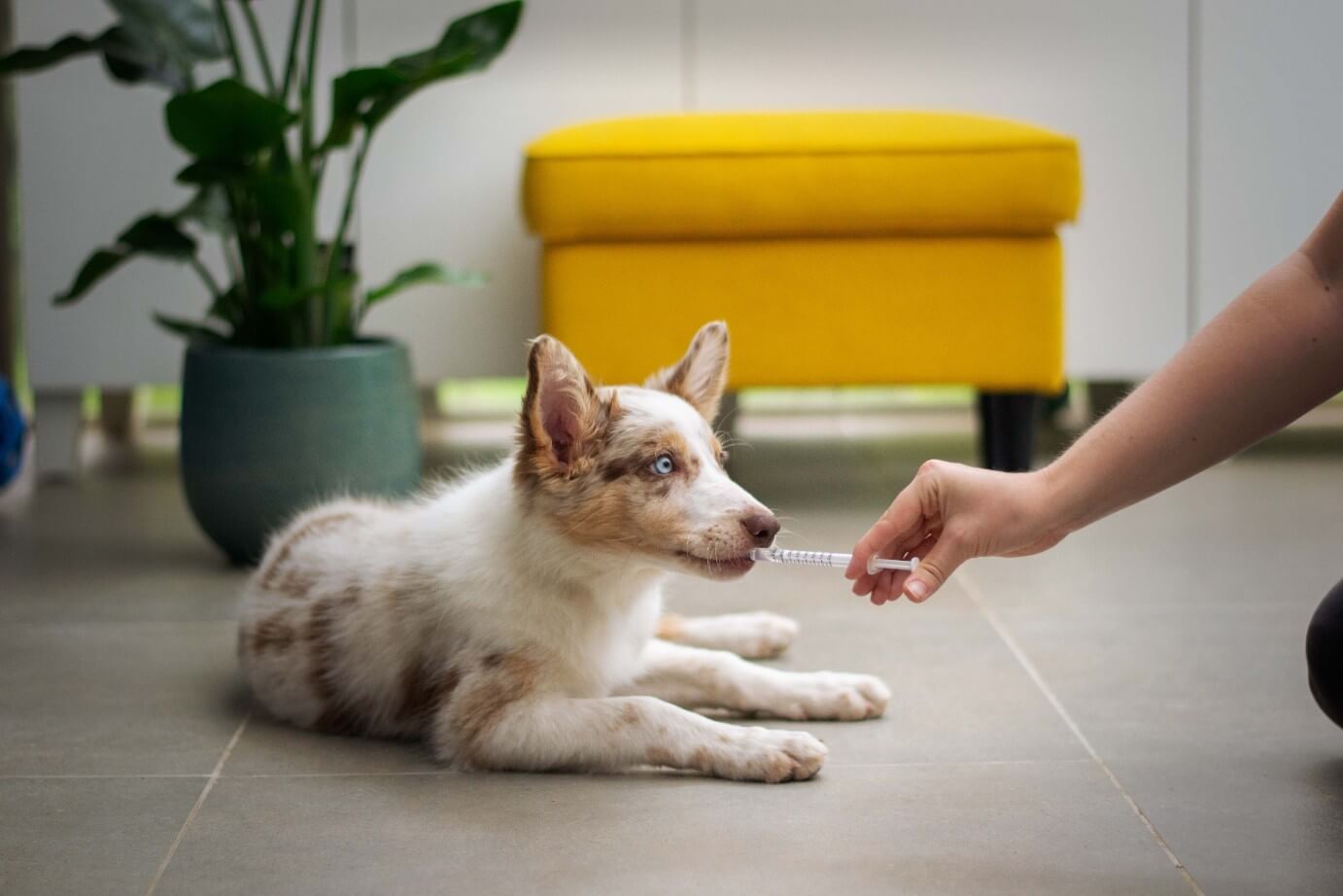When it comes to keeping our four-legged friends healthy and happy, it’s normal for pet owners to look into various nutritional supplements.
There are billions of probiotics in all animals’ gastrointestinal systems, where they fight off possible invaders, boost the immune system, and produce nutrients and vitamins.
But do dogs need probiotics at all? We’ll look at the benefits of probiotics and if they’re genuinely important for our canine companions.
What Are Probiotics for Dogs?
Probiotics, which are friendly microorganisms that support gut health, have received a lot of interest over the past few years.
Dogs have a complicated digestive system that contains millions of microbes that are essential to their general health. These beneficial gut bacteria maintain the internal conditions to avoid sickness and promote wellness.
Several variables might upset a canine’s gastrointestinal microbiome balance. Poor eating habits, disease, changes in the environment, and stress are examples of these.
Probiotics That Are Good for Dogs
The gastrointestinal tract of your dog comprises over 70% of its immune system, keeping the area on the front lines of stopping infections from entering other areas of the body.
Probiotics are frequently connected with gut health, but their potential benefits extend well beyond that. The following probiotic species are good for dogs:
- Bifidobacterium animalis (strain AHC7)
- Bifidobacterium bifidum
- Bacillus coagulans
- Bifidobacterium longum (BL999)
- Enterococcus faecium
- Lactobacillus casei
The Benefits of Probiotics in Dogs
Probiotics are most commonly associated with living microorganisms. Some foods, such as yogurt, are high in probiotics. That said, they can also be offered as food supplements.
Below are some of the main explanations for why you should consider feeding probiotics to your pets.
Digestive Health
Probiotics correct intestinal ailments by increasing digestive tract acidity and putting out short-chain fatty acids.
Probiotics can assist digestion and absorption of nutrients by restoring the balance of helpful bacteria in the gut. They may be especially beneficial for dogs suffering from diarrhea or other digestive issues.
Immune System Support
The stomach and the immune system are inextricably linked, and good gut bacteria can assist increase the dog’s immunological response.
In certain dogs, probiotics may even improve the immune system’s ability to combat infections and lessen allergic responses.
How does it do this? Well, can regulate the processes in the digestive tract, which in turn helps us build resistance.
Positive Behavioral Change
Probiotics may also enhance your dog’s temperament while also improving digestive health.
That’s because dogs that have bad gut flora and digestive disorders may have emotional difficulties resulting from what they’re feeling internally. With probiotics, these feelings are reduced, which in turn also reduces their stress.
Reduce Skin Allergy
Topically administered probiotics for itching dogs can help avoid the formation of itchy skin rashes by preventing skin cells from detecting nasty bacteria.
Boosting the growth of good gut bacteria can have a wide range of health benefits. Not only can it help your dog look better, but it can help them feel better, as well. There are some studies that can back this approach, which demonstrate that dog probiotics can help with allergy control.
Conclusion
While probiotics can help some dogs, it’s not for everyone. Your dog could benefit from a probiotic, particularly if they have digestive troubles, but it’s not a be-all-end-all type of solution.
Remember to contact your veterinarian before adding any new vitamins to your dog’s regimen, so that they can assess your dog’s specific needs before making a recommendation. This is because some dogs can be allergic to certain supplements, so it’s always safer to check with a vet first before giving them anything new.
For more pet care ideas, don’t forget to check out the PetFitness blog!







